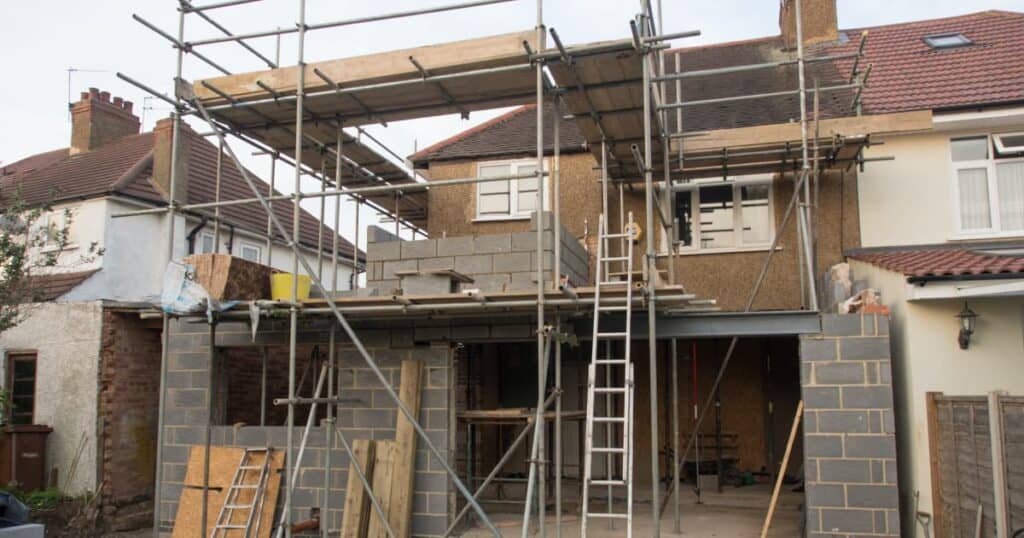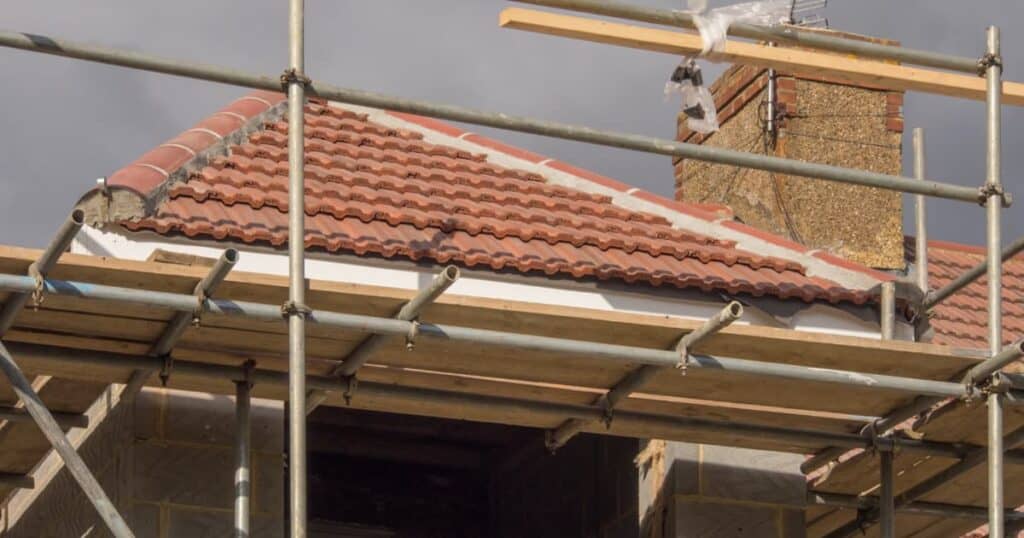
Whether you’re looking to build a house from scratch or wanting to add a new extension to your existing home, you’ll likely need to know about planning permission. If you aren’t sure about how it all works, read on through this guide to discover what you need to know.
What is planning permission?
Planning permission is what is required from the local authorities when building new developments or when making extensive changes to an existing property. The decisions regarding whether your permission will be granted or not tends to be taken in line with national guidance.
When is planning permission required?
It depends on the project whether you will need planning permission or not. It’s always a good idea to check with the local authorities before you begin any kind of building work, as under some circumstances you won’t require any form of planning permission. Usually, if you are planning for an extension for a single-story property, you can add an 8m extension to a detached house or a 6m extension to a semi-detached house, you can proceed without planning permission.
It’s normally the case that new buildings will require planning permission, as well as larger outbuildings or extensions. However, smaller additions to existing properties can normally be conducted under permitted development rights (PD).
What are the different types of planning permission?
There are two main types of planning permission which are most commonly permitted – outline permission and full planning permission.
People often assume that any construction work will require full planning permission, however, this is not always the case. For some projects, outline planning permission may make for a more appropriate plan of action.
An outline will grant you building permission in principle, but it doesn’t consist of all the building specifics. In order to start work with outline planning consent, you’ll have to submit an application for reserved matters which may include some more of the specifics regarding the property. Once this has been approved, you can start working on the project.
If your plan changes significantly from the one submitted for your outline permission, you’ll likely need to reapply for full permission. If you are planning on starting your project quickly, it might be a better idea to apply for full planning permission immediately.
How long does it take for planning permission to be granted?

The general waiting time for planning permission to be granted is around eight weeks, however, complex projects may take additional time.
There is also a public consultation process, which involves a sign being positioned outside the proposed development site. Any neighbours that could potentially be affected are invited to view the development plans and have their say on it. This process usually takes between three and eight weeks to complete.
Securing planning permission doesn’t necessarily mean you can begin building immediately, as you may also need to wait for approval regarding the use of particular materials or cladding.
The truth is, it’s tough to put an exact timescale on how long it may take for permission to be granted, as you may end up having to make more than one application for any revisions or changes that will significantly increase the amount of time it takes.
How much does a planning permission application cost?
The cost of a planning permission application will depend on the scale of the project as well as which type of planning permission you are submitting. Currently, the cost of a full application in England for a new single dwelling is £462, whereas the cost of applying for an extension is £206.
Following the cost of the initial application, you’ll also need to consider the costs of surveys and designing the plans and documents. There’s also a chance you’ll need to submit more than one application, so you’ll want to budget for more than one just in case.
How long does planning permission last?
The general length of planning permission is three years unless stated otherwise. This means you’ll need to begin construction work on your property within three years of being granted permission. If your allotted time runs out, you may need to start the entire process again, so it’s best for you to start working as soon as possible.
What factors can affect a planning permission application?

There are a variety of factors that can determine whether the local authorities will grant you planning permission. Some of the most common include the following:
- Impact on listed building and Conservation Area
- Proposals in the development plan
- Nature conservation
- Loss of privacy
- Loss of light / overshadowing other properties
- Government policy
- Noise pollution
- Traffic
- Disability Access
As previously mentioned, neighbours will be allowed to voice any concerns or issues they have with the proposals which can affect whether your planning permission is granted or not. It’s generally the case that people don’t like adjustments or changes that may impact their homes or their communities, so it’s best to be as transparent as possible with what you are planning to do.
What happens if planning permission is refused?
If you are refused planning permission, you have the option of amending your original plans after taking into consideration the reasons for the initial rejection and resubmitting the amended plans. Alternatively, you can appeal the decision to the planning inspectorate. The success rate of appeals is around 40%, so if you believe you’ve been unfairly refused permission, it can be worth submitting an appeal.
Can a house be built without planning permission?
Whilst it’s not technically illegal to develop and build on land without planning permission, it’s considered unlawful, and you open yourself to a number of problems. If you have not received planning permission and decide to build anyway, the local authorities can take action to have the construction altered or demolished.
Despite this, there is a legal loophole which means you technically can build a house without planning permission successfully, however, the risk is far too great. If no enforcement action is taken on a property built without planning permission within four years, the property then becomes immune from any future enforcement action.
The best idea is to always check with your local authorities regarding whether you need official planning permission or not.

